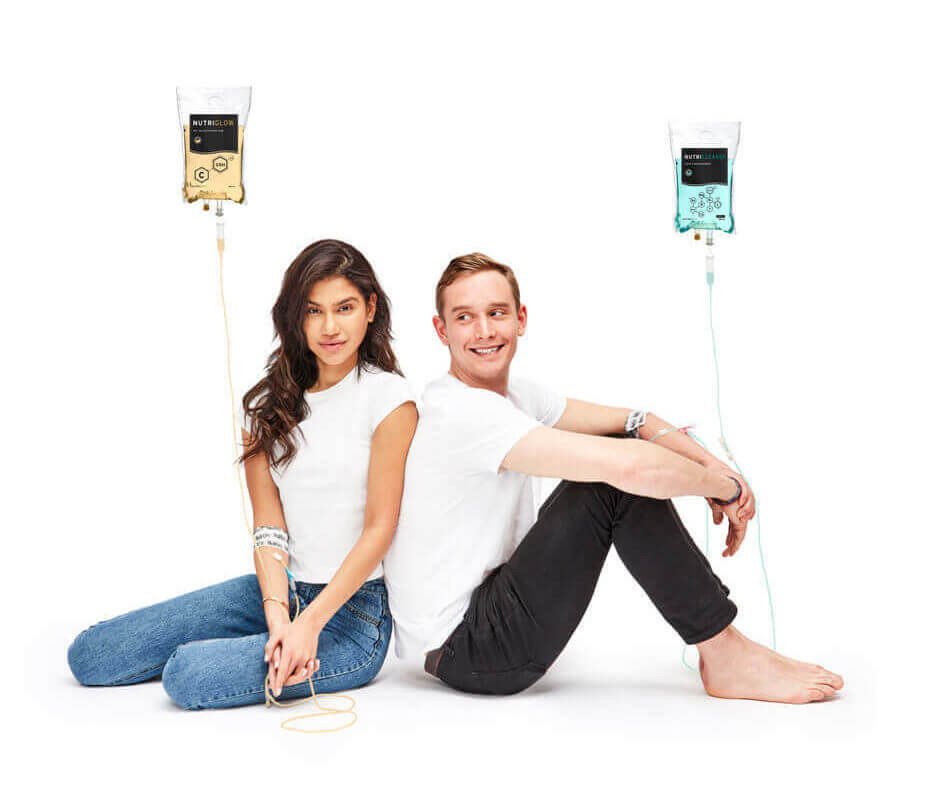IV Drip Therapy - Abu Dhabi - Dubai
IV drip therapy, also known as intravenous infusion therapy, is a medical treatment that involves delivering fluids, medications, vitamins, and minerals directly into the bloodstream through a vein using an intravenous (IV) line. This method allows for rapid absorption and distribution of substances throughout the body.
Here are some key points about IV drip therapy:
- 1. Administration: IV drip therapy is administered by a healthcare professional, typically a nurse or a doctor. A sterile IV catheter is inserted into a vein, usually in the arm, and connected to an IV bag or syringe containing the desired fluids or medications. The infusion rate is carefully controlled to ensure the appropriate delivery of substances.
- 2. Fluid hydration: IV drip therapy is commonly used for fluid replacement and hydration. It can be beneficial for individuals who are dehydrated due to conditions such as excessive vomiting, diarrhea, or inability to tolerate oral fluids.
- 3. Nutritional support: IV infusion therapy can provide essential nutrients, vitamins, and minerals directly into the bloodstream. This method is often used when individuals have difficulty absorbing nutrients orally or when there is a need for rapid replenishment, such as in cases of malnutrition or severe vitamin deficiencies.
- 4. Medication administration: IV drip therapy allows for precise and efficient delivery of medications. It can be used to administer antibiotics, pain medications, chemotherapy drugs, and other medications that require immediate and systemic distribution throughout the body.
- 5. Electrolyte balance: IV drip therapy can help restore electrolyte imbalances by providing fluids containing specific electrolytes such as sodium, potassium, calcium, and magnesium. This is particularly useful in cases of dehydration, electrolyte abnormalities, or certain medical conditions that affect electrolyte balance.
- 6. Wellness and rejuvenation: Some clinics offer IV drip therapy for wellness and rejuvenation purposes. These treatments, often referred to as "vitamin drips" or "vitamin IVs," claim to provide a boost of vitamins, antioxidants, and hydration. However, it's important to note that the scientific evidence supporting the efficacy and benefits of such treatments is limited, and they should be approached with caution.
- 7. Risks and considerations: While IV drip therapy is generally safe when administered by trained professionals, it is not without risks. Possible complications include infection at the injection site, phlebitis (inflammation of the vein), infiltration (fluid leaking into surrounding tissues), allergic reactions, and adverse effects from medications or substances being infused. It's important to undergo IV therapy under appropriate medical supervision and in a sterile environment.
IV drip therapy can be a valuable medical intervention for various conditions, providing rapid hydration, nutrient support, and medication delivery. However, it should be administered under the guidance of healthcare professionals who can assess the individual's needs, monitor the infusion process, and ensure patient safety.

